« Return to all search results
Title Search Results
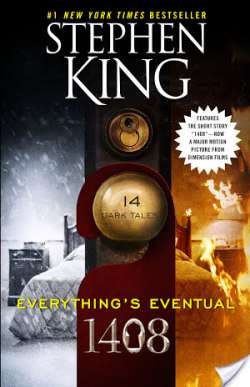
A collection of short fiction features "L.T.'s Theory of Pets," "Lunch at the Gotham Cafâe," and "In the Deathroom," as well as "1408," about a writer whose stay in Room 1408 at the Dolphin Hotel turns his life upside down.
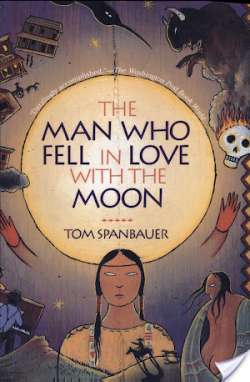
The plot twists around the questions of humanity in a comic contemporary novel that portrays the trials of Shed, a half-breed, bisexual boy who works at a Victorian whorehouse in the old West.
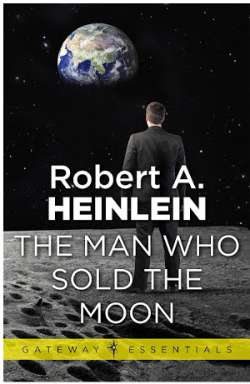
D. D. Harriman is a billionaire with a dream: the dream of Space for All Mankind. The method? Anything that works. Maybe, in fact, Harriman goes too far. But he will give us the stars...
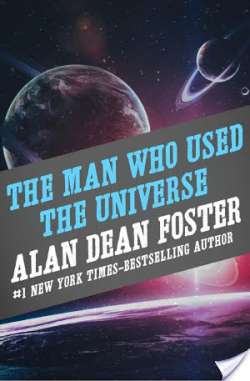
A notorious criminal pursues peace—and power—with alien enemies in this sci-fi novel from the #1 New York Times–bestselling author of The Damned Trilogy. No one knows the true motives of Kees vaan Loo-Macklin. He’s a mastermind criminal who gave up his place at the head of the dark underworld to become a legitimate member of Evenwaith’s cities. But soon he was reaching out to powerful enemies—-the slimy aliens called the Nuel. Loo-Macklin negotiates an illusory peace agreement and gains precious alien secrets in the process. Is he after peace, power or pure evil? With enemy starships beginning to amass, we won’t have to wait long to find out.
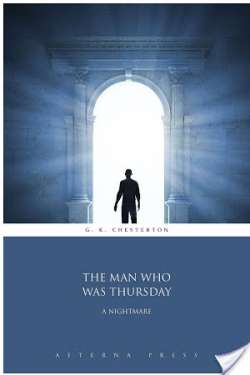
It is very difficult to classify The Man Who Was Thursday. It is possible to say that it is a gripping adventure story of murderous criminals and brilliant policemen; but it was to be expected that the author of the Father Brown stories should tell a detective story like no-one else. On this level, therefore, The Man Who Was Thursday succeeds superbly; if nothing else, it is a magnificent tour-de-force of suspense-writing. Aeterna Press
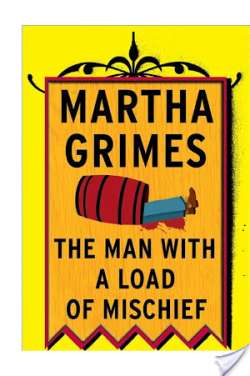
Long Piddleton had always been wary of newcomers. But the quiet town was stunned when the first stranger was found dead, upended in a butt of ale in the cellar of the Men with a Load of Mischief. Then the second body appeared, swinging in place of the mechanical man above the door of the Jack and Hammer. Suddenly Long Piddleton had good reason to be wary of everyone! Its cozy pubs and inns with their polished pewter and blazing hearths had become scenes of the most bizarre crimes. Who were the victims? And who was the murderer? A stranger? A maniac? Or the disarmingly friendly man next door?
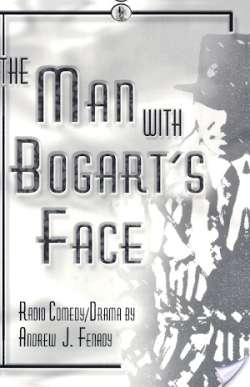
Playbook.
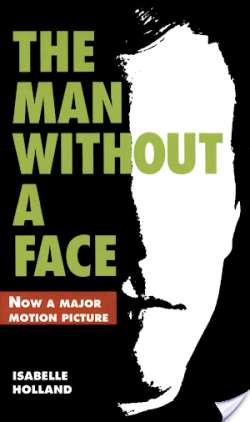
Charles didn't know much about life ... until he met The Man Without a Face "I'd never had a friend, and he was my friend; I'd never really, except for a shadowy memory, had a father, and he was my father. I'd never known an adult I could communicate with or trust, and I communicated with him all the time, whether I was actually talking to him or not. And I trusted him ...... Fourteen-year-old Charles desperately wants two things: a father and a way out. Little love has come his way until the summer he befriends a mysterious scarred man named Justin McLeod, nicknamed ""The Man Without a Face." Charles enlists McLeod's help as tutor for the St. Matthew's school entrance exams, his ticket away from the unpleasant restrictions of his home life. But more important than anything he could get out of a book, that summer Charles learns from McLeod a stirring life lesson about the many faces of love. ‘Not much affection had come Charles’s way until the summer he was fourteen, when he met McLeod [a man whose face was deeply scarred] and learned that love has many facets.’ —BL. ‘A highly moral book, powerfully and sensitively written; a book that never loses sight of the human." —H. 1972 Best Books for Young Adults (ALA) Best of the Best Books (YA) 1970-1983 (ALA) Outstanding Children's Books of 1972 (NYT)
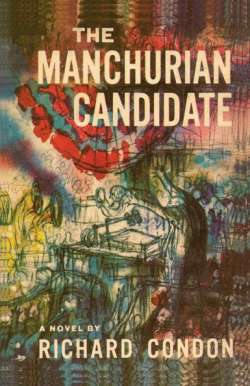
The classic thriller about a hostile foreign power infiltrating American politics: “Brilliant . . . wild and exhilarating.” —The New Yorker A war hero and the recipient of the Congressional Medal of Honor, Sergeant Raymond Shaw is keeping a deadly secret—even from himself. During his time as a prisoner of war in North Korea, he was brainwashed by his Communist captors and transformed into a deadly weapon—a sleeper assassin, programmed to kill without question or mercy at his captors’ signal. Now he’s been returned to the United States with a covert mission: to kill a candidate for US President . . . This “shocking, tense” and sharply satirical novel has become a modern classic, and was the basis for two film adaptations (San Francisco Chronicle). “Crammed with suspense.” —Chicago Tribune “Condon is wickedly skillful.” —Time
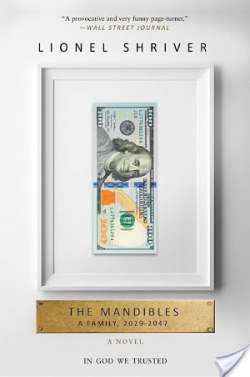
With dry wit and psychological acuity, this near-future novel explores the aftershocks of an economically devastating U.S. sovereign debt default on four generations of a once-prosperous American family. Down-to-earth and perfectly realistic in scale, this is not an over-the-top Blade Runner tale. It is not science fiction. In 2029, the United States is engaged in a bloodless world war that will wipe out the savings of millions of American families. Overnight, on the international currency exchange, the “almighty dollar” plummets in value, to be replaced by a new global currency, the “bancor.” In retaliation, the president declares that America will default on its loans. “Deadbeat Nation” being unable to borrow, the government prints money to cover its bills. What little remains to savers is rapidly eaten away by runaway inflation. The Mandibles have been counting on a sizable fortune filtering down when their ninety-seven-year-old patriarch dies. Once the inheritance turns to ash, each family member must contend with disappointment, but also—as the U.S. economy spirals into dysfunction—the challenge of sheer survival. Recently affluent, Avery is petulant that she can’t buy olive oil, while her sister, Florence, absorbs strays into her cramped household. An expat author, their aunt, Nollie, returns from abroad at seventy-three to a country that’s unrecognizable. Her brother, Carter, fumes at caring for their demented stepmother, now that an assisted living facility isn’t affordable. Only Florence’s oddball teenage son, Willing, an economics autodidact, will save this formerly august American family from the streets. The Mandibles is about money. Thus it is necessarily about bitterness, rivalry, and selfishness—but also about surreal generosity, sacrifice, and transformative adaptation to changing circumstances.
